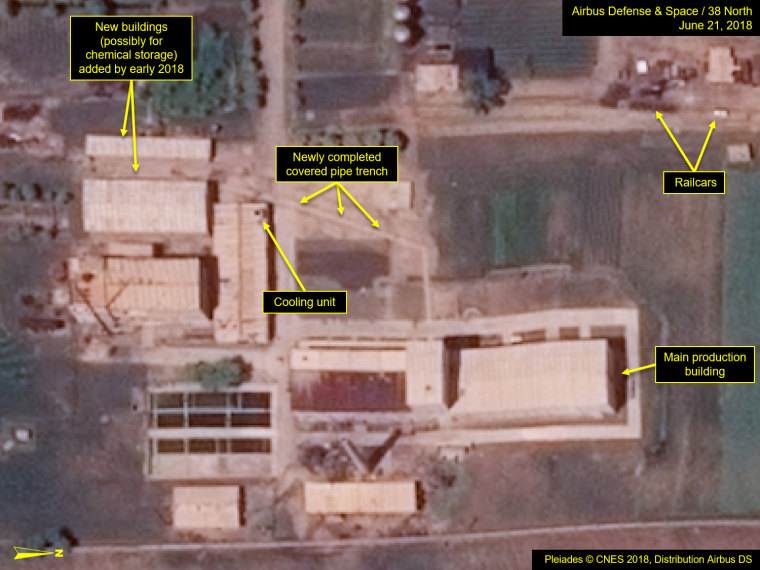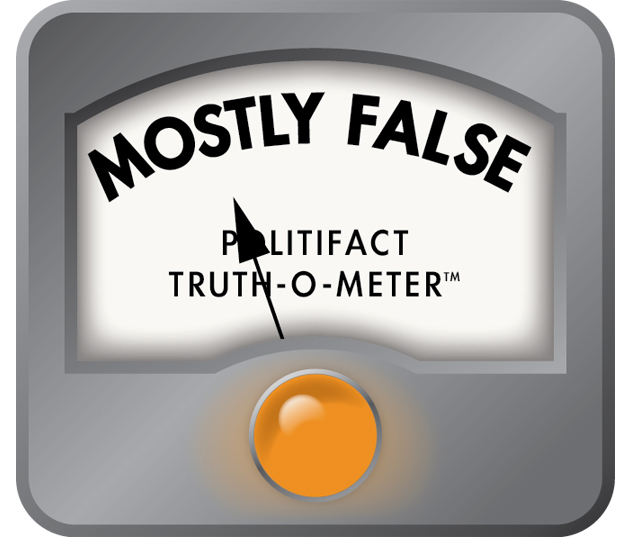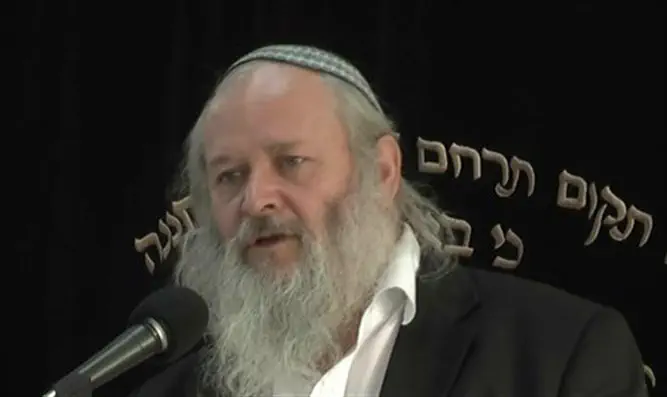Owens: Whether the Trump Foundation is compared to similar-sized, i.e. small, family foundations or it is compared to foundations of any size and type, my answer is the same: the Trump Foundation may be unique in the variety and scope of its transgressions of state and federal law, as well as the visibility of the transgressions.
Since the enactment of the private foundation excise taxes in the
Tax Reform Act of 1969, the IRS has undertaken a variety of audit programs focused on federal tax law compliance. The results have not generally been made public, but some have, including a report released in 1990 of a statistically valid audit project of private foundations that involved a review of 882 organizations. The project, known as the "Grant-making Administrative Expenses Study," was required by Congress in the Deficit Reduction Act of 1984, and the study was made public as a result. In a concluding observation, the study noted, "Overall, we found that private foundations are in substantial compliance with the provisions of the tax laws that apply to them." None of the 882 foundations in the study exhibited behavior even distantly close to that of Trump Foundation as detailed in the New York attorney general's petition.
In fact, while my years at the IRS brought me into contact with many charities and foundations that had violated federal tax law, few approached the variety of the Trump Foundation's transgressions.
Cillizza: What is being alleged here? And what is the most serious charge?
Owens: The petition, because it was filed by the New York attorney general, focuses on state charity law violations, including violations of the duty of care, that is, a foundation's board has a duty to see that a foundation uses its funds for charitable purposes and not for private, personal benefit of board members.
The most serious state charge is essentially the basket of violations of the duty of care as reflected in the purchase of paintings to decorate Trump resorts, the use of foundation funds to settle lawsuit disputes between the Trump Organization and various third parties, the use of foundation assets to support Donald Trump's political campaign and, finally, the misreporting of the preceding on the foundation's federal Form 990-PF return, which New York law also requires to be filed with the New York attorney general. It should be noted, however, that the facts described in the petition have analogs in federal tax law, where the same transgressions that are outlined in the petition could trigger civil tax penalty excise taxes, revocation of tax-exempt status and potentially the application of the "termination tax" under section 507 of the Internal Revenue Code which authorizes the IRS in cases of repeated, flagrant violation of the rules for foundation behavior, to levy a tax equivalent to 100% of the assets of the foundation. Of course, the New York attorney general has asked that the foundation be dissolved and its assets transferred to other charities. Finally, the filing of knowingly false or inaccurate Form 990 federal tax returns has triggered criminal sanctions in at least five or six cases in the last 10 years. The charges in those case included conspiracy to defraud the United States, the making false statements on tax returns and the aiding and abetting of the filing of a false tax return. The penalties can include substantial fines and jail time.
Cillizza: What's the Trump defense?
Owens: In my opinion, there are no effective defenses that Donald Trump and/or his foundation can deploy to either the attorney general's petition or to federal tax charges. About the best he can do is plead ignorance of the law (generally ineffective with the sort of allegations being made) and to try to shift the blame to his accountants and attorneys (which will be factually difficult given Trump's personal involvement in many of the actions. It's unlikely, for example, that one of Trump's attorneys or accountants said that it is fine to contribute to the Florida attorney general's PAC or to buy a painting of himself and hang it in one of his clubs.)








